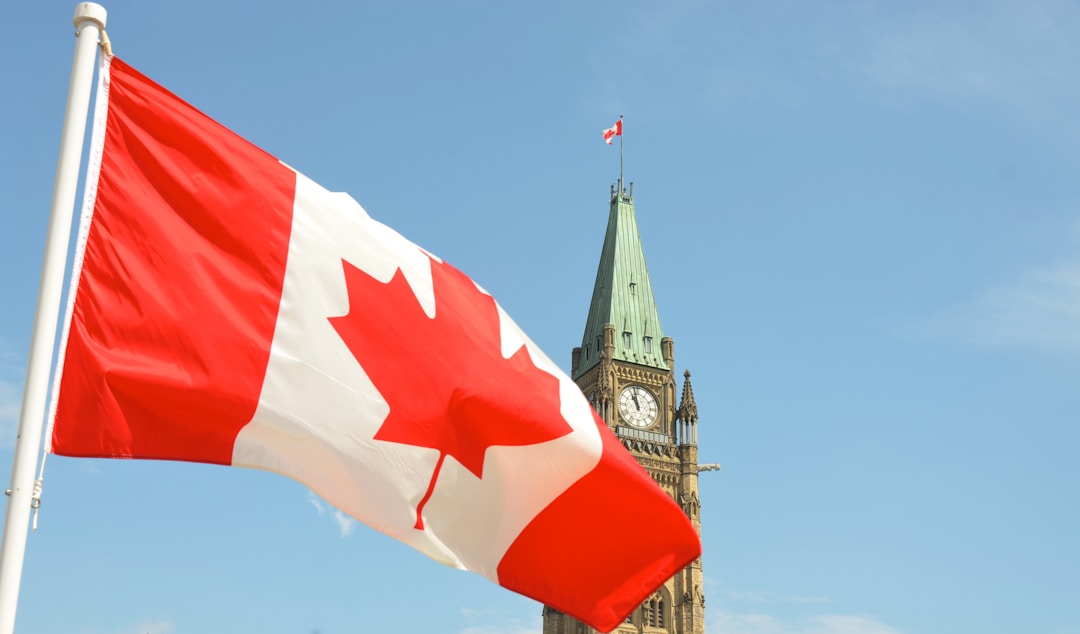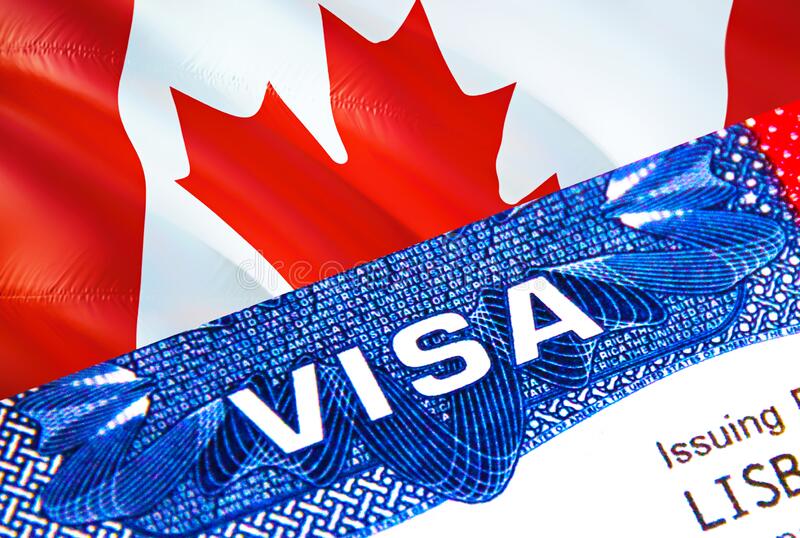Canada and the United States have a lot of shared history. The landmasses that make up these countries were colonized at the same time. British and French settlers formed colonies in the 1600s. After the American War of Independence, a border was established between the United States and their neighbors to the north. Since then, Canada’s maintained close relationships with the United States and Great Britain, whose colonies united to form Canada.
Despite historical similarities, there are some distinctions between Canada and the United States. People visiting or moving to Canada may be surprised at some of the ways Canada differs from its southern neighbor and founding nation. Let’s explore some Canadian resources you might not know about.
1. Canada values art.
Canada has a rich art history. Famous Canadian artists include Emily Carr and the Group of Seven, comprised of Franklin Carmichael, Lawren S. Harris, A.Y. Jackson, Frank Johnston, Arthur Lismer, J.E.H. MacDonald, and Frederick Varley. Artist Tom Thomson was also closely associated with the Group of Seven. Today, the Canada Council for the Arts supplies funding to support new and emerging artists, enabling artists to access the funds needed to perfect their craft, conduct research, and produce compelling works.
Whether you were born in Canada, are a recent immigrant, or are visiting the nation, all you need to create wall art in Canada are photographs, an internet connection, and a mailing address. You can upload your images and order custom or split canvas prints of your photos. You can also transform your snapshots into metal prints. Create a collage using several images or order a single 4′ by 8′ aluminum print to feature on your wall. Metal prints are great for an industrial look, but you can also opt for wood prints to complement traditional decor.
2. Canada has an established legal system.

The British legal system forms the foundation of Canada’s legal system, so it isn’t surprising that the first police force in the country was based on England’s Metropolitan Police Act. After Toronto created a police force in 1835, other cities established police departments. Statistics Canada reports the nation had 68,718 police officers as of 2019. Whether you’re a tourist or immigrant, you can call the police if you’re in an accident or the victim of a crime, such as harassment or robbery.
You can also turn to highly trained lawyers, such as Malliha Wilson, for legal assistance. Malliha Wilson specializes in several legal fields, including labor law, human rights law, and constitutional law. Wilson has experience arguing cases before the Ontario Court of Appeals and Supreme Court of Canada and is familiar with local, provincial, and federal laws. Whether you need someone to help you understand and follow Canada’s labor laws or have been the victim of a human rights violation, Wilson can explain your legal options and provide the legal counsel required to address your situation.
3. Canada offers services for immigrants.

The primary source of Canada’s population growth stems from immigration. As of 2020, immigration accounted for approximately 80 percent of population growth in the nation. The Canadian government reports the nation added 341,180 permanent residents in 2020, while it issued over 404,000 temporary work permits the same year.
The Canadian government provides multiple resources for new immigrants. A government website offers links to critical information about how to travel overseas for the first time after immigrating to Canada and apply for a permanent resident card or Canadian citizenship. There’s also information about adjusting to life in Canada, applying for jobs, and filing your first tax return. Local immigration services include language classes and language assessments. Immigrants can also access information about Canada’s school system and learn how to register their children for school.
Canada offers multiple resources for citizens, immigrants, and visitors. You can celebrate Canada’s rich art history by creating custom canvas prints from photographs. Police and lawyers protect your legal rights. Canada also has extensive resources for new immigrants, helping their newest citizens adjust to life in the nation.
